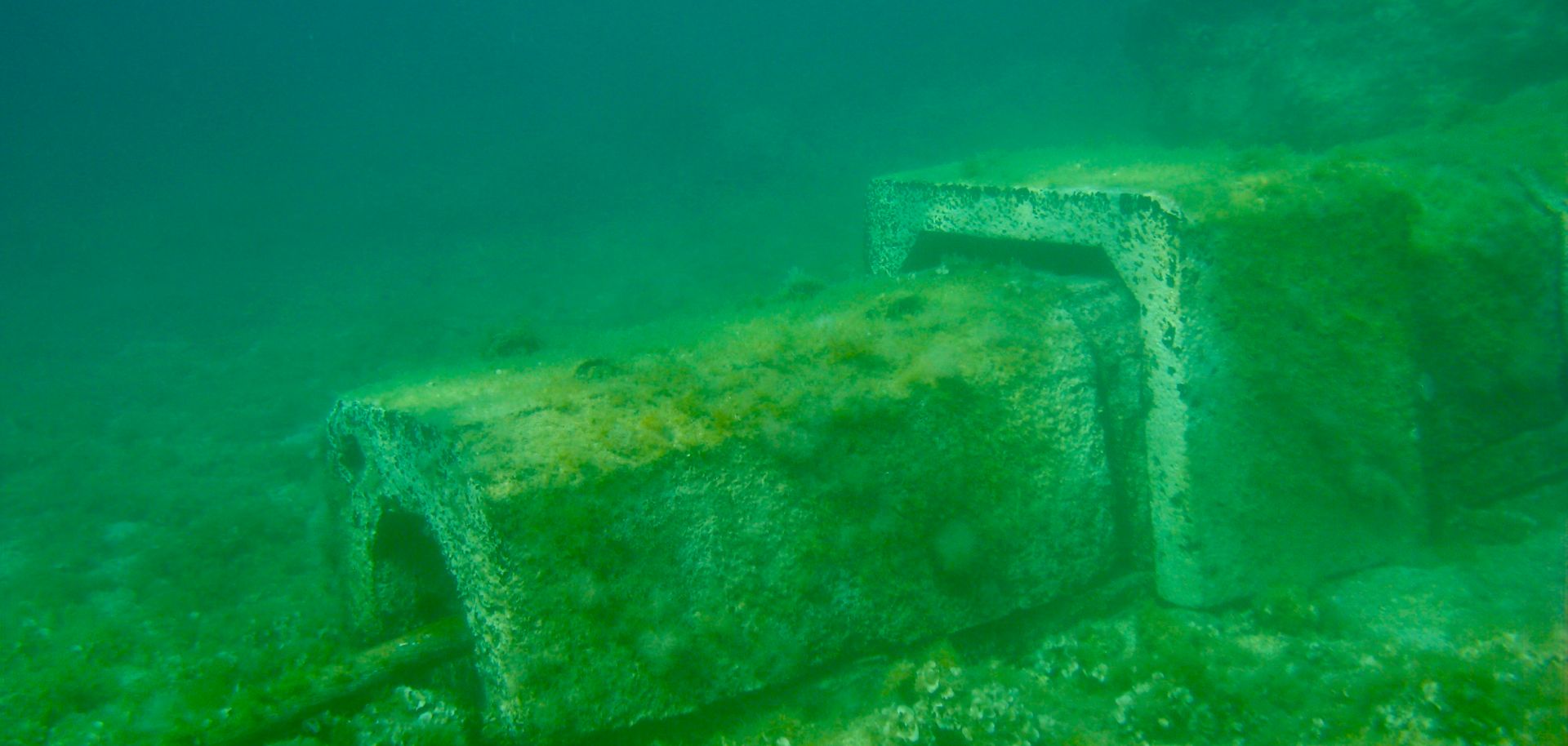Increased Russian naval activity in recent years around deep-sea cables, the critical infrastructure of the global internet, has heightened concerns that Russia may target them in an effort to disrupt Western daily life as the country seeks new means of coercion amid its war in Ukraine. Deep-sea or submarine cables are fiber optic cables that lay the foundation for global internet connectivity across the world. The cables, which are often thousands of miles/kilometers in length, transmit an estimated 95% of international data traffic from country to country by connecting two or more land points across bodies of water. The cables themselves are typically not much wider than a garden hose, and although they are covered in varying layers of copper, nylon and plastic for insulation, they are not heavily protected. Today, there are more than 400 subsea cables in operation that vary in length, with some shorter than 50 miles...

